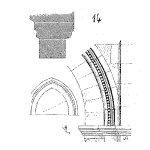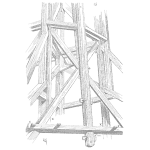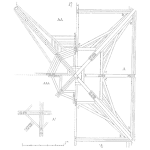
Facilitation Skill # 2 – Controlling Discussion
“It was impossible to get a conversation going, everybody was talking too much.” – Yogi Berra
Based on actual surveys of FMEA team leaders, the most common concern is how to control discussion during team meetings. This article will provide insight into this critical facilitation skill, and is a companion to the previous article in this series: Facilitation Skill #1: – Encouraging Participation.













 Ask a question or send along a comment.
Please login to view and use the contact form.
Ask a question or send along a comment.
Please login to view and use the contact form.